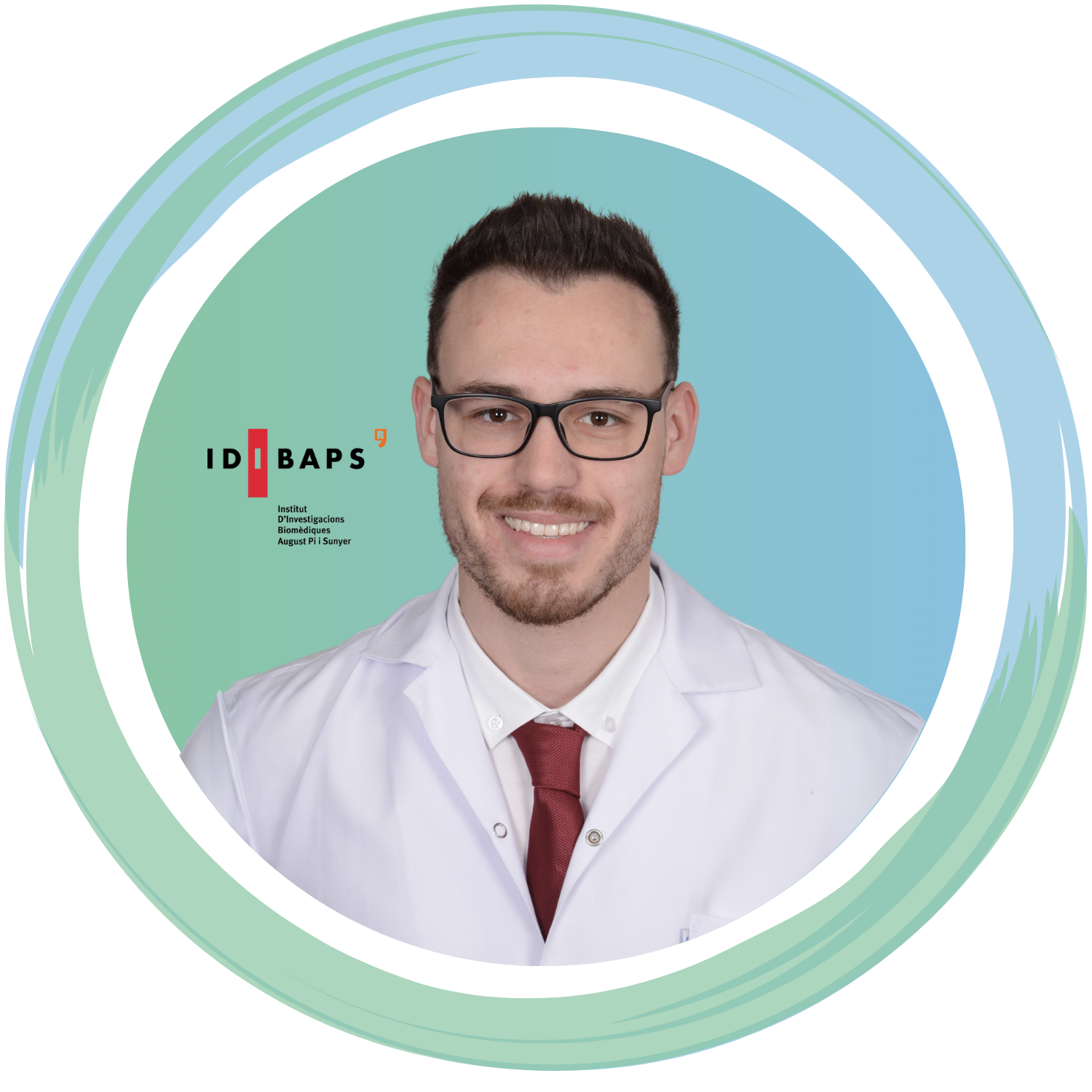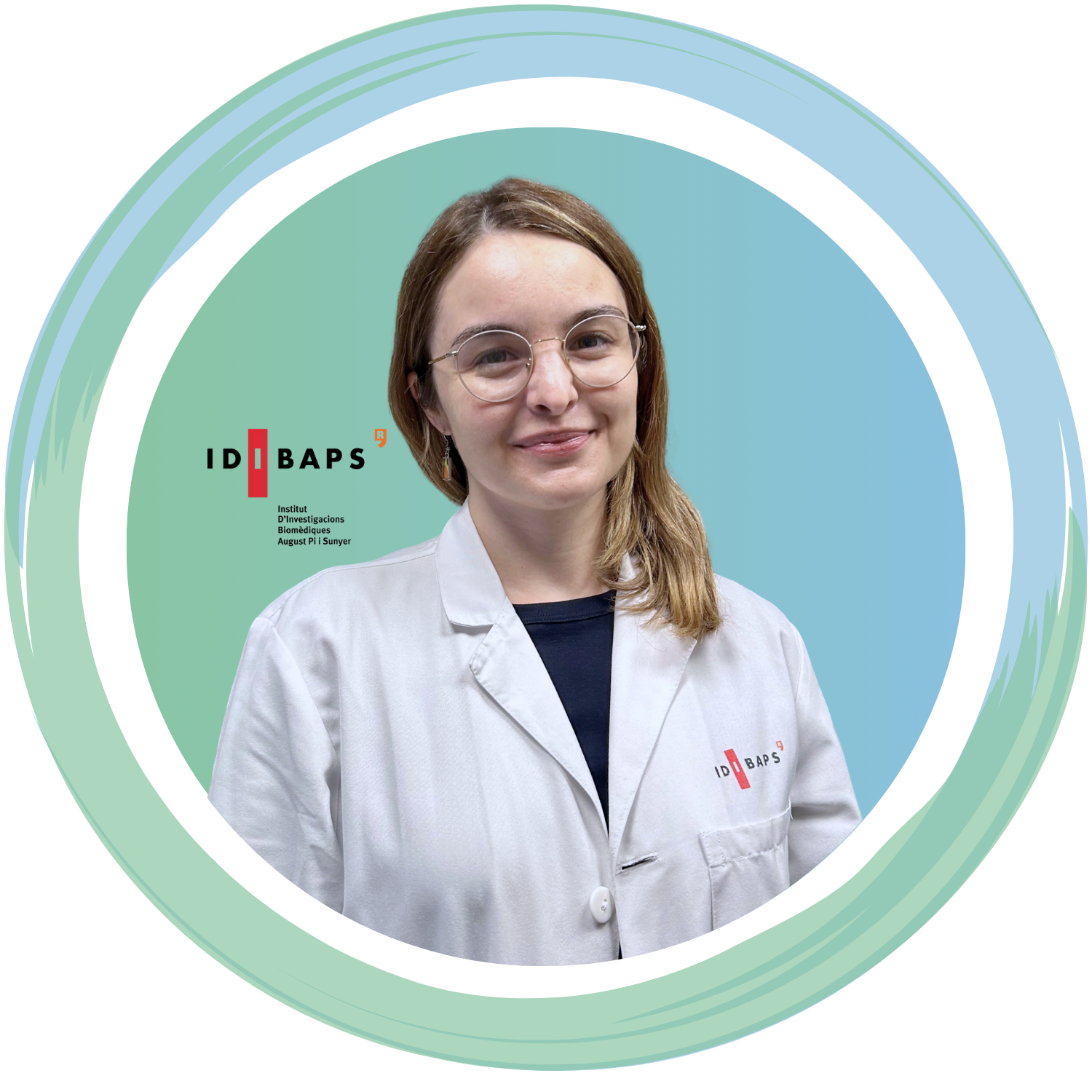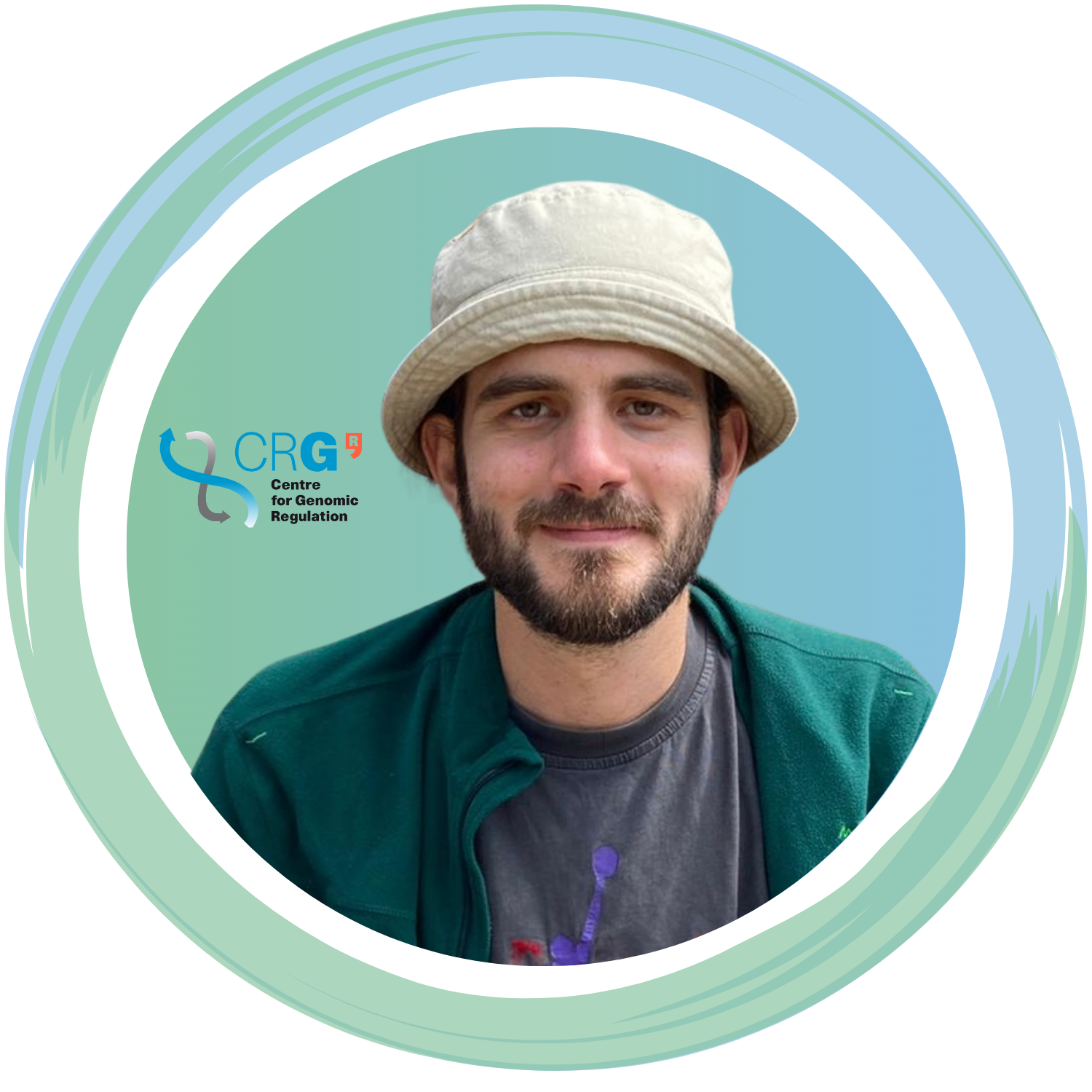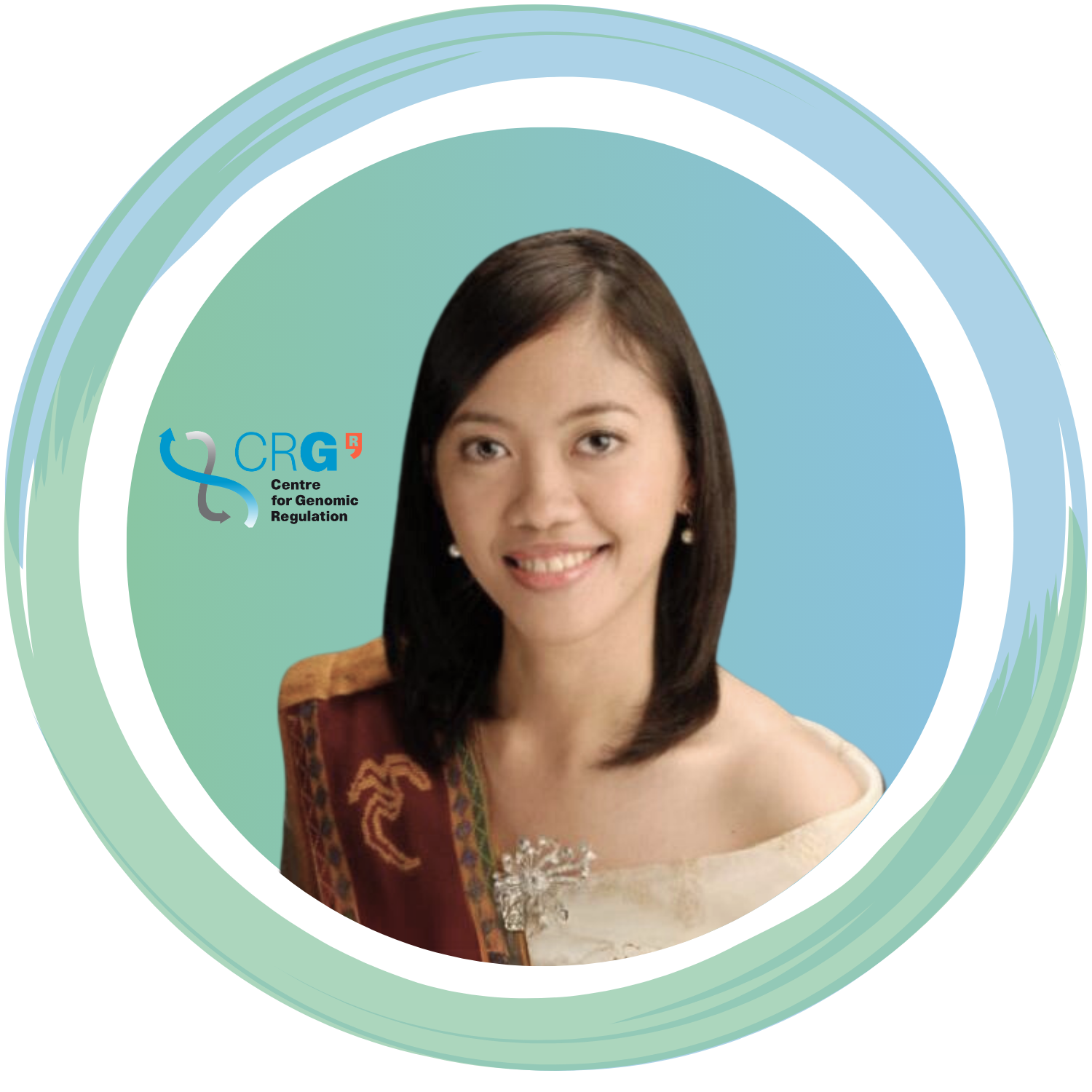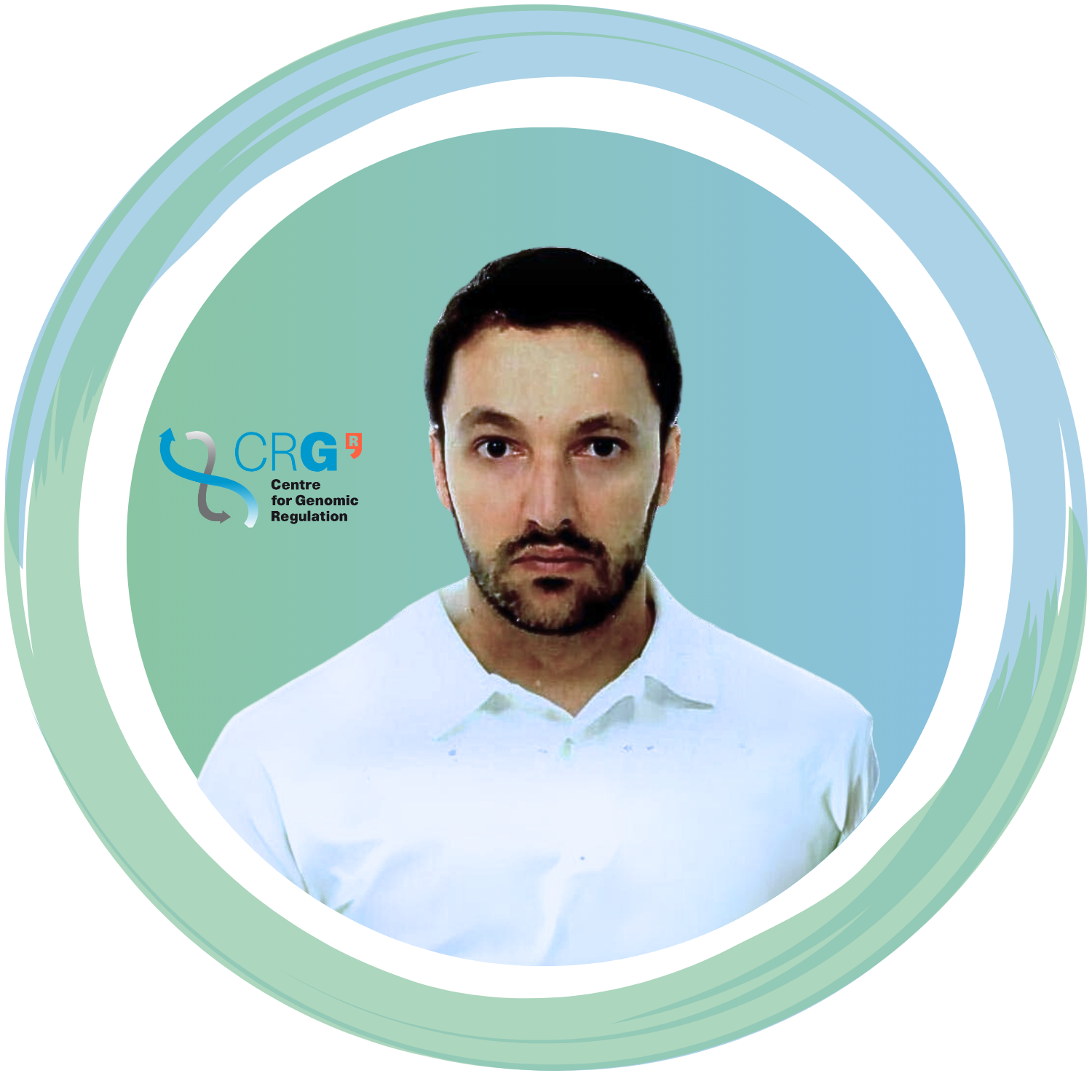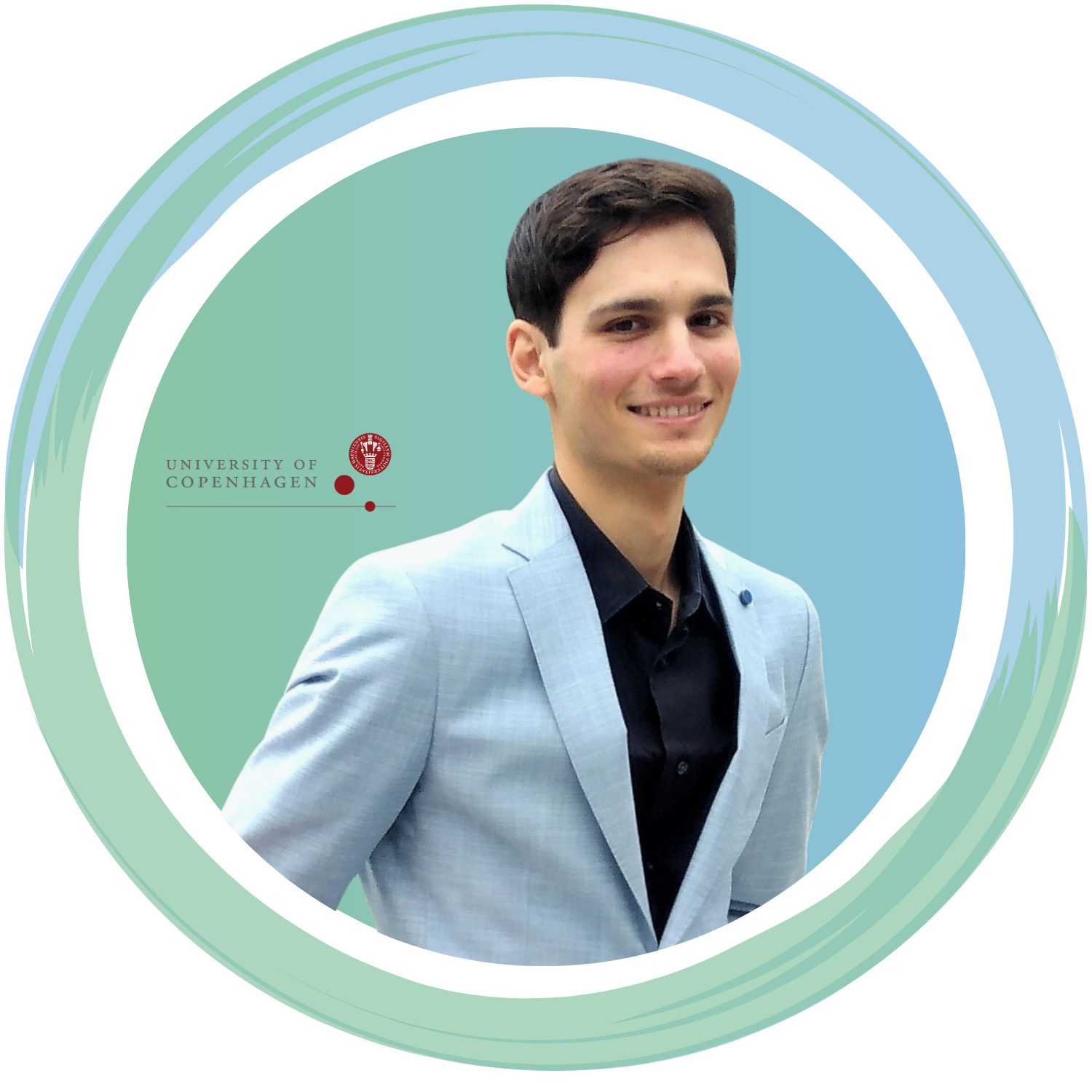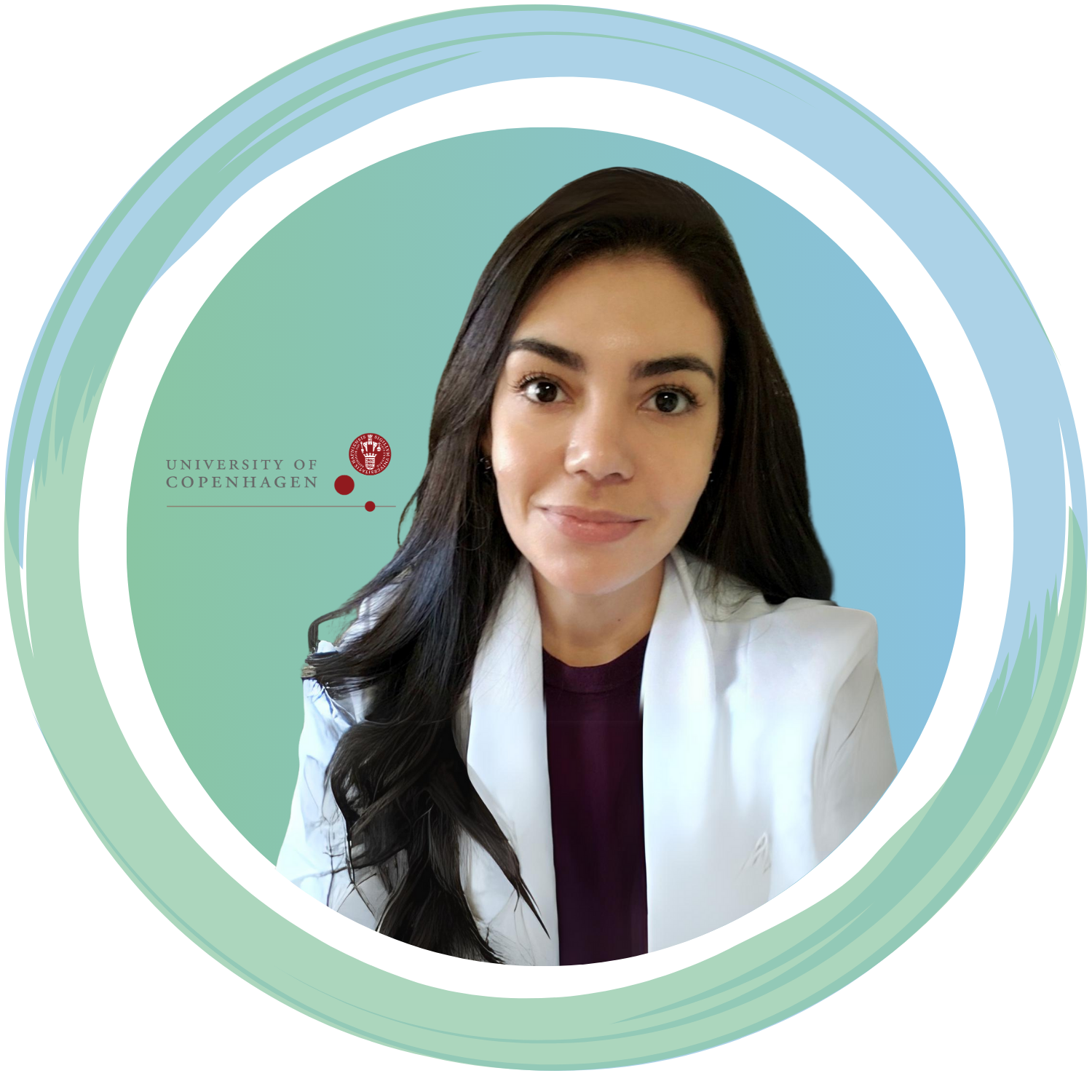The lab: Andersen group
Lab's research themes
We focus on clinical solutions in liver and bile duct cancers to unravel perturbed mechanisms required for these tumors to develop, to grow and to metastasize. Our research programs include integrative omics-driven patient characterization and stratification, biomarker discovery, epigenetic therapy, inflammatory and immune deregulation and metabolic diseases.
Merits of the lab
The Andersen group have extensive collaborations worldwide, and Dr. Andersen is co-founder of the European Network for the Study of Cholangiocarcinoma – ENSCCA (www.enscca.org).
Why we train medical doctors in our team?
We are always interested in extending our biological understanding of the liver and hepatobiliary system, learning and/or collaborating on new research areas helping us alleviate clinical problems. Our research group is multidisciplinary, hosting both a wet-lab and bioinformatic sections. The group is multi-lingual, -ethnic and gender-diverse. Past MD-PhD students have already graduated. Our main collaborators are national and international clinicians.
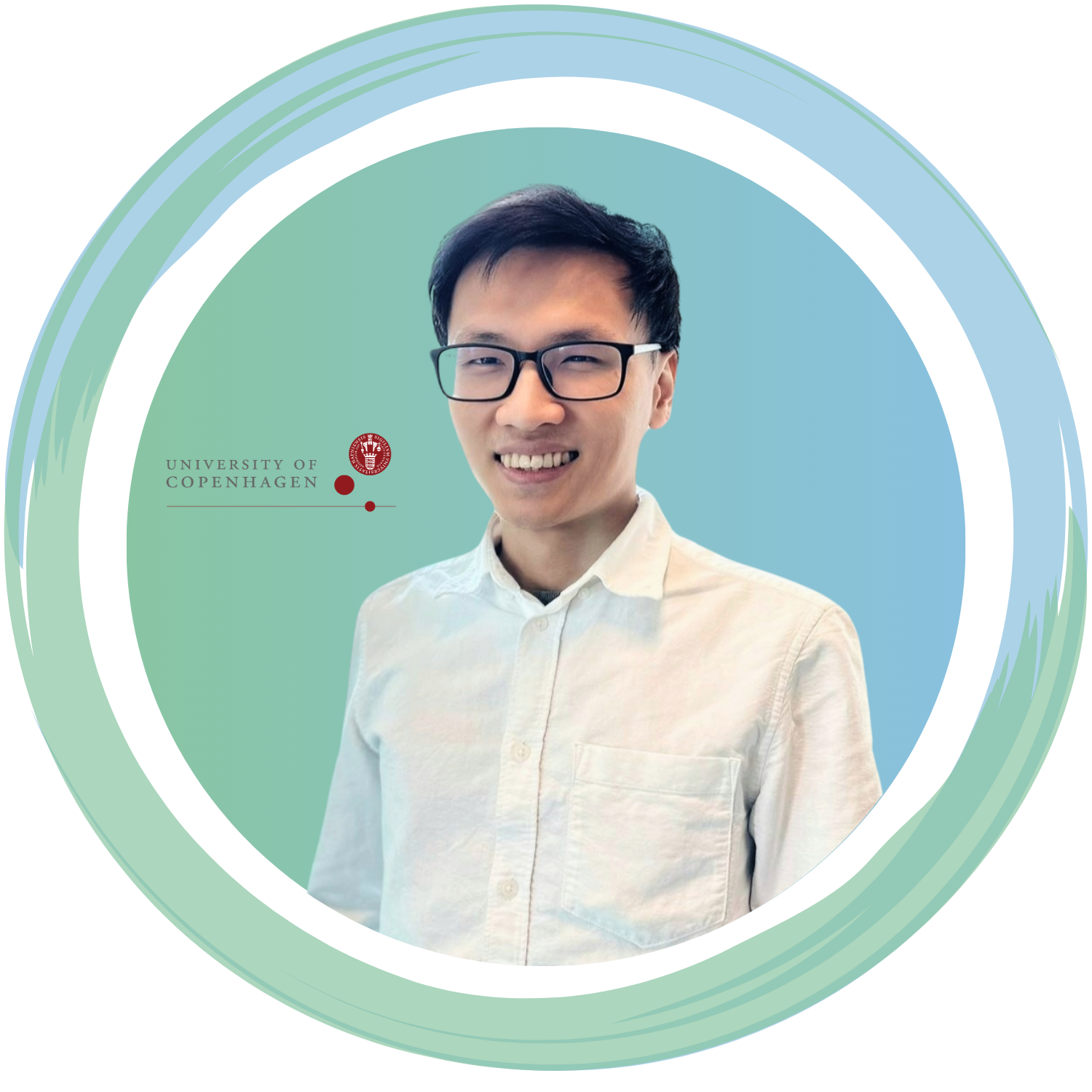
The position
Meet Trung!
Biosketch
Trung obtained his medical training in Hanoi, Vietnam, and later gained valuable experience in genetic screening through lab work. Driven by a passion for molecular medicine and personalized treatment options, he pursued a Master’s degree in Molecular Medicine in Italy. During his studies, Trung was equipped with various biomedical disciplines and technical approaches, enabling him to tackle complex research questions in this field. Trung’s commitment to research led him to develop his MD-PhD career at Biotech Research and Innovation Centre of Copenhagen University. He has a particular interest in studying epigenetics, metabolic rearrangements, and gene regulation in hepatobiliary diseases, with the goal of improving diagnosis, patient stratification, and designing novel treatment options. Through his dedication to this field, Trung hopes to contribute to improving patient outcomes and advancing the field of personalized medicine.
University awarding the PhD
Trung is currently enrolled at Copenhagen University, in the Molecular Mechanisms of Disease (MoMeD) local PhD Programme.
I decided to become a physician because…
Driven by a desire to help others and make a positive impact on their lives, I have chosen to pursue a career in medicine. My personal experiences with the illnesses of family members have reinforced my commitment to this noble and purposeful field and I believe that medicine provides a unique opportunity to achieve this goal.
But also, I wanted to become a scientist because…
Since a young age, I’ve been captivated by biology and science in general, eager to understand the mechanics of the natural world. My interest in molecular biology has grown alongside my recognition of the rapidly evolving nature of biomedical research and its potential in healthcare. I’m passionate about contributing to this field and bringing the applications to clinical practice.
What I am working on?
The incidence of metabolic liver diseases leading to cancer is on the rise, yet our understanding of the underlying biology and available treatment options remains limited. Exploring uncharted research areas such as the interplay between epigenetics and metabolism and manipulating signalling molecules in the tumor microenvironment (TME) holds great promise. One approach involves genetically modifying central genes to gain insight into metabolic regulation and disease progression. Improved knowledge in this area is vital to enhance diagnosis, patient stratification, and design innovative treatment strategies. Our team is dedicated to investigating epi-metabolic deregulation, focusing on epigenetics, metabolic rearrangements, and gene regulation in hepatobiliary diseases. We will employ state-of-the-art biomedical research methodologies such as omics data, genetic editing in primary cell lines and organoids, and bioinformatics to tackle these questions. Through our efforts, we hope to deepen our understanding of metabolic liver diseases, paving the way for improved diagnosis and patient outcomes through innovative treatments.
Why is this important to me as a medical doctor?
Biomedical research focuses on understanding and developing solutions for medical problems and illnesses. Therefore, I believe a solid foundation in medical knowledge and clinical experience is essential to understand the context and relevance of the research. Having a background in medicine also allows me to bring an important perspective from the bedside, which can help to make clinical practice more patient-centred and effective.
Who am I besides a future physician-scientist?
Inspired by the beauty of Italy during my Master’s degree, I developed a passion for exploring nature through hiking. I have completed numerous stunning trails in the Alps of Italy and Norway, which are truly breathtaking places. Photography is also one of my top interests in combination with this, to capture priceless moments. Living in one of the Schengen countries, I find that many people, including myself, are interested in travelling, experiencing different cultures, trying new cuisines, and connecting with people from different backgrounds. I also love learning and speaking new languages.


